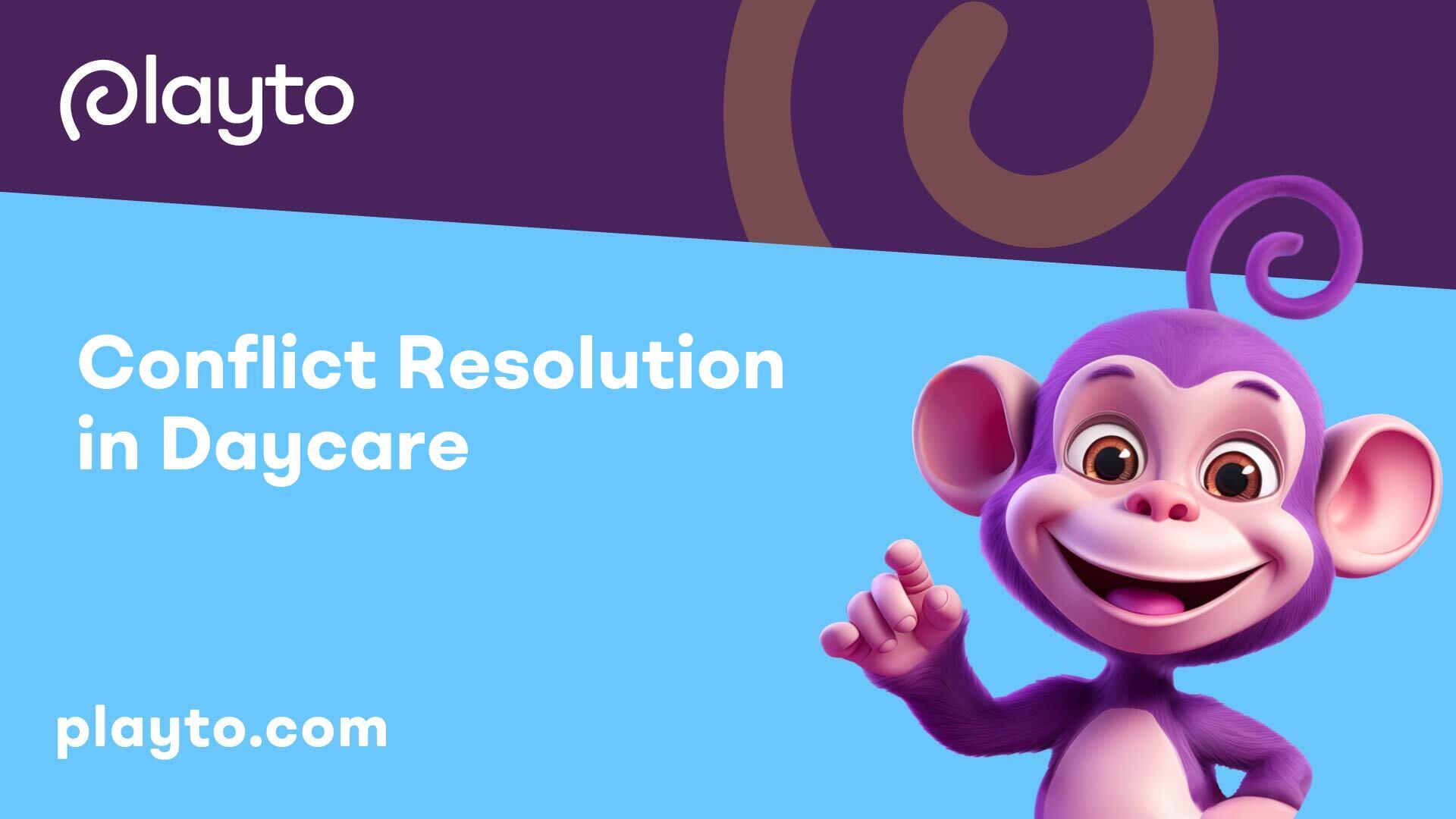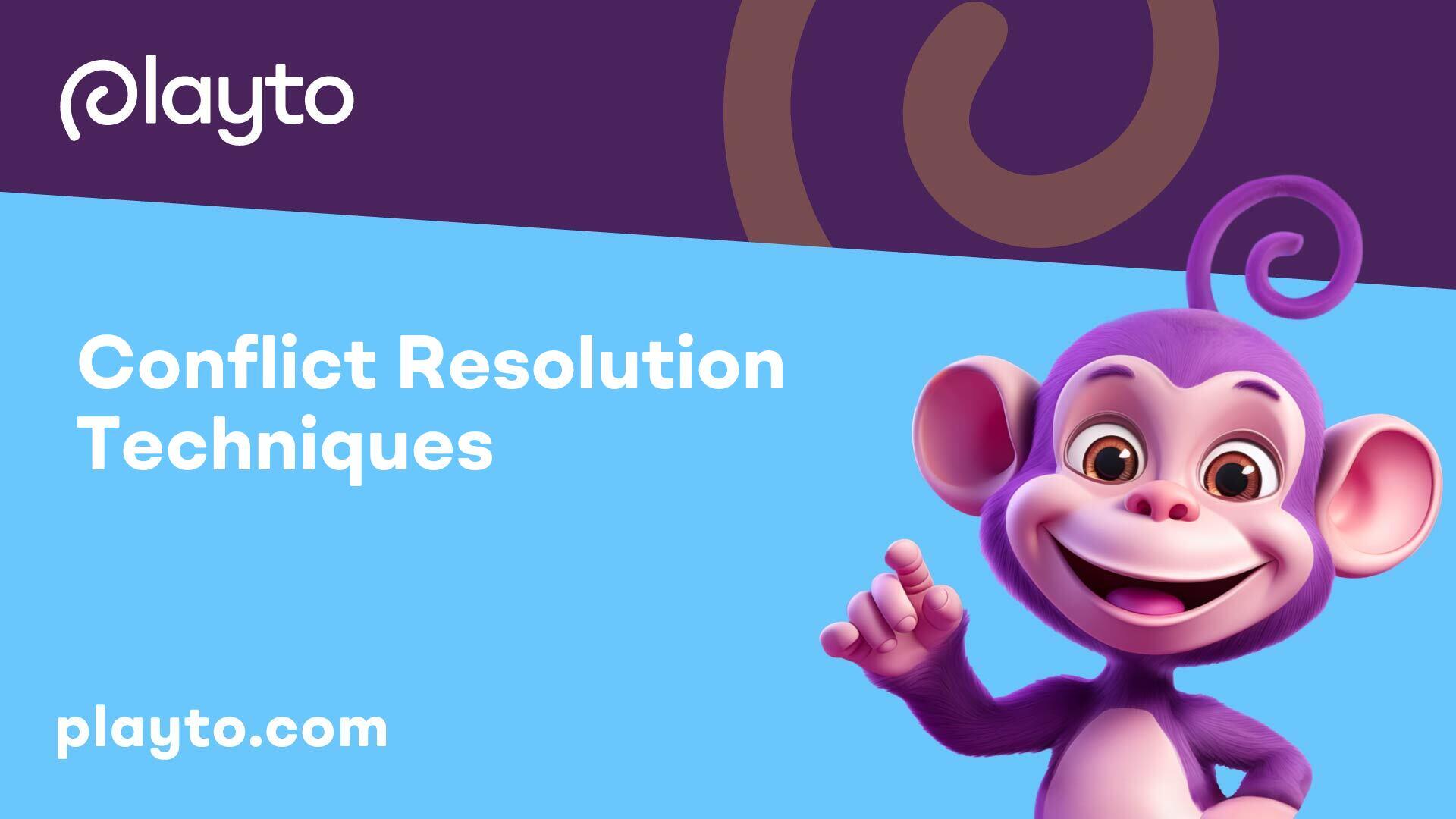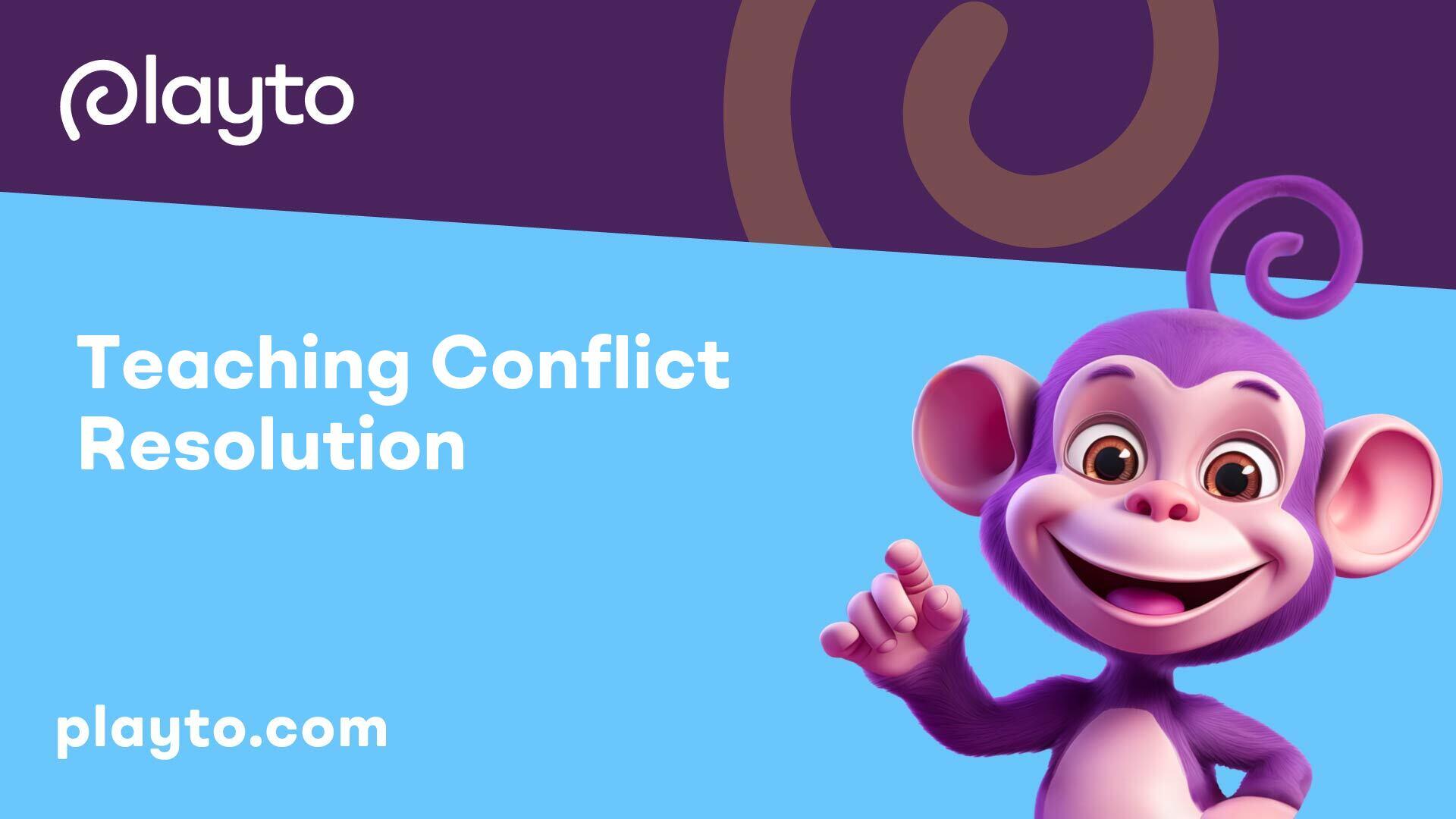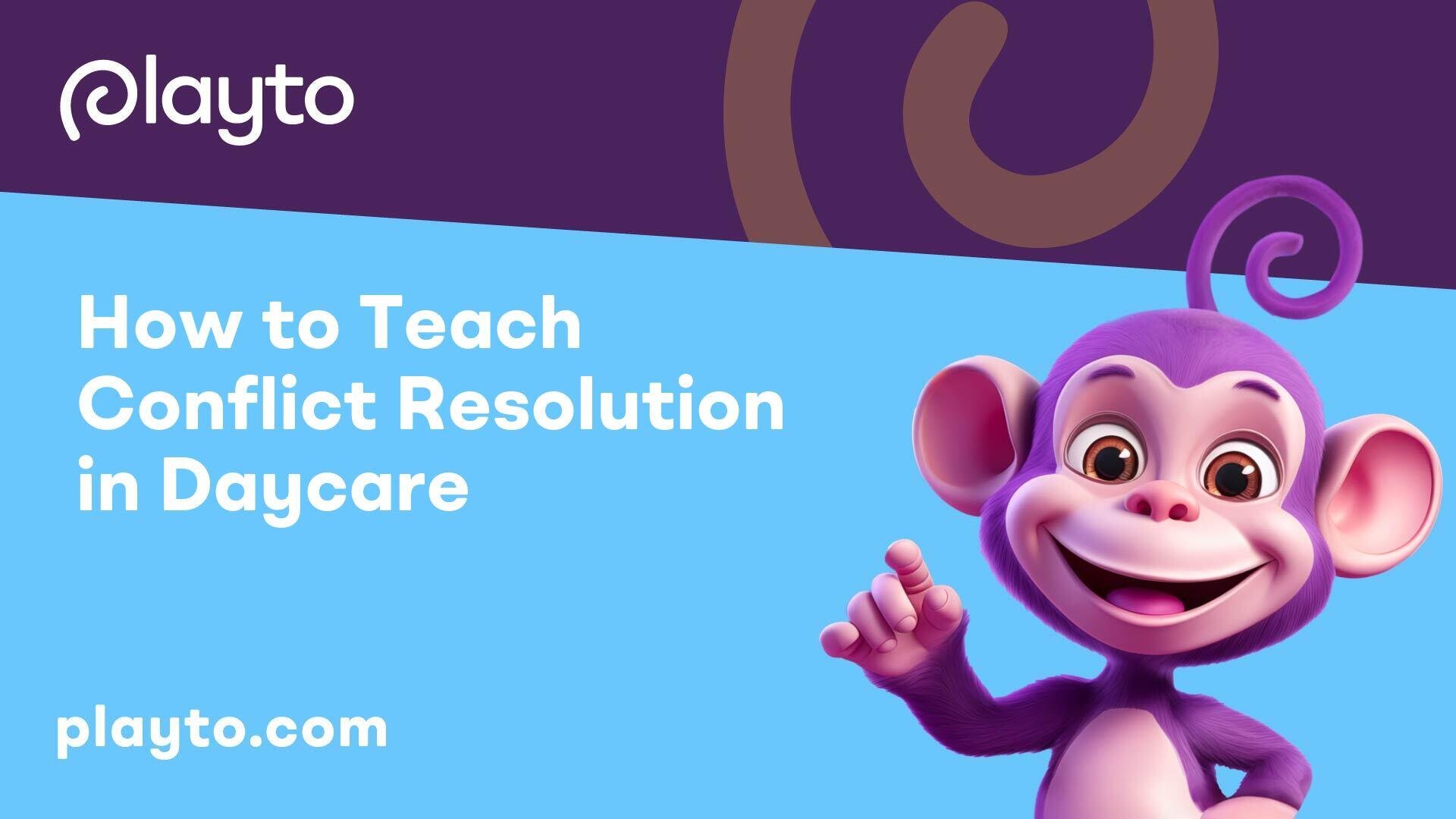
Conflict Resolution in Daycare
Understanding the importance of conflict management, especially in a daycare setting, is crucial for fostering a positive and inclusive environment for children. Conflict in early childhood education classrooms can provide valuable learning opportunities for children to develop crucial life skills, reflecting their developing social skills, emerging sense of self, and curiosity about relationships and the world [1]. It is through these conflicts that children learn to navigate different perspectives, communicate effectively, and develop problem-solving capabilities.
When it comes to developing conflict resolution skills, early childhood is a critical period for laying the foundation. Conflict resolution skills acquired during childhood will influence the type and quality of relationships the child forms throughout life. Therefore, teaching children how to manage conflicts constructively not only benefits their social interactions in the present but also sets the stage for healthy relationships in the future [2]. For preschoolers, especially those with difficult temperaments, learning how to handle conflict can help reduce aggressive behaviors and enhance their emotional regulation [3].
By emphasizing the significance of conflict resolution from a young age, educators and caregivers can empower children to navigate interpersonal challenges with empathy, respect, and effective communication. It is essential to create a supportive environment that encourages children to express their feelings, negotiate solutions, and understand the perspectives of others. Through guided practice and positive reinforcement, children can learn valuable conflict resolution skills that will serve them well throughout their lives.

Conflict Resolution Techniques
In the realm of early childhood education, teaching conflict resolution to young children is essential for their social and emotional development. Effective conflict management involves a combination of proactive and reactive strategies to address the conflicts that may arise in daycare settings. Let's explore these two types of conflict resolution techniques:
Proactive Strategies
Proactive conflict resolution strategies are focused on preventing conflicts before they escalate. By implementing proactive measures, educators can create a supportive and harmonious environment that fosters positive interactions among children. Proactive strategies commonly include:
- Promoting Positive Relationships: Encouraging positive relationships among children and teaching them the importance of empathy and understanding can help prevent conflicts from arising.
- Creating Clear Expectations: Establishing clear rules and guidelines for behavior can proactively set expectations for how children should interact with each other, reducing the likelihood of misunderstandings.
- Providing Structured Activities: Engaging children in structured activities that promote collaboration and teamwork can encourage positive social interactions and minimize conflicts.
- Teaching Emotional Regulation: Helping children recognize and manage their emotions is crucial in preventing conflicts. Teaching coping strategies like deep breathing or self-calming techniques can empower children to handle challenging situations effectively.
For more insights on the impact of positive reinforcement in daycare, visit our article on the impact of positive reinforcement in daycare.
Reactive Strategies
Reactive conflict resolution strategies come into play when conflicts have already emerged. These strategies focus on addressing conflicts effectively and teaching children how to resolve disputes in a constructive manner. Reactive strategies may include:
- Facilitating Communication: Encouraging children to express their feelings and concerns openly can help them understand each other's perspectives and work towards a resolution.
- Guiding Problem-Solving: Supporting children in brainstorming solutions to their conflicts and guiding them through the problem-solving process can empower them to find mutually agreeable resolutions.
- Implementing Peer Mediation: Involving peers or designated mediators in conflict resolution processes can provide children with peer support and guidance in resolving disputes.
- Encouraging Restorative Practices: Emphasizing restorative practices that focus on repairing harm, restoring relationships, and promoting accountability can help children learn from conflicts and grow from the experience.
By incorporating both proactive and reactive conflict resolution techniques in daycare settings, educators can create a supportive and nurturing environment where children learn valuable social and emotional skills. These skills not only help children navigate conflicts effectively but also lay the foundation for healthy relationships and positive communication. For more tips on managing conflicts in daycare, check out our article on parent involvement in daycare activities.

Teaching Conflict Resolution
When it comes to teaching conflict resolution in daycare settings, it's essential to equip young children with the skills they need to navigate conflicts in a healthy and constructive manner. By focusing on promoting emotional regulation and encouraging problem-solving, educators can empower children to manage conflicts effectively.
Promoting Emotional Regulation
Effective conflict resolution starts with teaching children how to manage their emotions during challenging situations. Helping children recognize and regulate their emotions can prevent conflicts from escalating and promote a sense of calm and understanding.
Encouraging children to express their feelings using words and providing them with strategies to calm themselves down, such as deep breathing or taking a break when feeling overwhelmed, can foster emotional intelligence and resilience. By promoting emotional regulation, children can learn to approach conflicts with a clear and composed mindset, facilitating more effective resolutions.
Encouraging Problem-Solving
Encouraging problem-solving skills from a young age is crucial for empowering children to resolve conflicts independently and constructively. Teaching children how to identify the underlying issues contributing to a conflict and brainstorming possible solutions can help them develop critical thinking and negotiation skills.
By engaging children in collaborative problem-solving activities, such as role-playing different conflict scenarios or facilitating group discussions on conflict resolution, educators can provide valuable opportunities for children to practice communication, empathy, and creative problem-solving. Encouraging children to work together to find mutually beneficial solutions not only resolves immediate conflicts but also fosters a sense of cooperation and empathy among peers.
By focusing on promoting emotional regulation and encouraging problem-solving skills, educators can lay the foundation for children to navigate conflicts with confidence and empathy, setting them on a path towards developing strong interpersonal relationships and effective communication skills. Supporting children in learning how to manage conflict positively early on can have lasting benefits as they grow and interact with others in various social settings.
Parent-Provider Conflict Resolution
Navigating conflicts between parents and daycare providers is a crucial aspect of maintaining a healthy and productive childcare environment. Effective conflict resolution not only resolves disputes but also strengthens the bond between parents and providers. In the context of daycare settings, communication and collaboration are key to ensuring a harmonious relationship. Here are the essential elements of parent-provider conflict resolution:
Open Communication
Open communication is fundamental in addressing and resolving conflicts in daycare settings. Parents and providers should engage in transparent and honest conversations to express their perspectives, concerns, and expectations. Establishing clear lines of communication from the beginning can help prevent misunderstandings and potential conflicts. Encouraging open communication channels allows both parties to discuss issues proactively and collaboratively.
Timely Intervention
Timely intervention is crucial when addressing conflicts between parents and daycare providers. It is essential for parents to address any issues they notice promptly to prevent them from escalating. Delaying conflict resolution can lead to increased tension and potential harm to the relationship between parents and providers. By addressing concerns in a timely manner, parents can prevent conflicts from becoming more challenging to resolve and maintain a positive working relationship.
Focused Discussions
Focused discussions play a vital role in effective conflict resolution between parents and daycare providers. Choosing a distraction-free environment and time to discuss concerns helps both parties focus on the conversation at hand. It is essential to approach discussions with an open mind, listen actively to each other's perspectives, and communicate in a non-accusatory manner. By engaging in focused discussions, parents and providers can collaboratively find solutions to conflicts and work towards the best interests of the child.
In summary, open communication, timely intervention, and focused discussions are essential components of successful conflict resolution between parents and daycare providers. By fostering a culture of open and transparent communication, addressing conflicts promptly, and engaging in focused discussions, parents and providers can effectively resolve conflicts, strengthen their relationship, and create a positive and supportive childcare environment for the children under their care.
Effective Conflict Resolution
In the realm of daycare settings, effective conflict resolution plays a vital role in maintaining a harmonious environment for both children and caregivers. Two key elements of successful conflict resolution are restating agreed-upon solutions and understanding differing perspectives.
Restating Agreed-upon Solutions
After engaging in a discussion with the child care provider regarding a conflict or issue, restating the agreed-upon solution is a crucial step in the resolution process. This ensures that both parties are on the same page and have a clear understanding of the proposed solution and the actions that will be taken. Seeking confirmation from the provider regarding their comfort and agreement with the resolution helps solidify mutual understanding and commitment to addressing the problem effectively.
By restating the agreed-upon solutions, potential misunderstandings can be avoided, and any ambiguities in the resolution can be clarified. This practice fosters a sense of accountability and follow-through, ensuring that the agreed-upon measures are implemented consistently and effectively. Open communication and clarity in restating solutions contribute to the establishment of trust and transparency between parents and child care providers.
Understanding Differing Perspectives
In the context of conflicts or disagreements with child care providers, it is essential to recognize and respect the differing perspectives that may exist. Parents and providers may have unique viewpoints on child-rearing practices, disciplinary approaches, or educational philosophies. Acknowledging these differences while maintaining a focus on the well-being and development of the child is key to navigating conflicts effectively.
By understanding and respecting differing perspectives, parents and caregivers can work towards finding common ground and mutually agreeable solutions. Open and constructive dialogue that encompasses a willingness to listen, empathize, and communicate concerns can lead to a deeper understanding of each other's practices and intentions in caring for the child. This collaborative approach fosters a supportive and cooperative relationship between parents and child care providers, promoting a positive and nurturing environment for children in daycare.
In conclusion, effective conflict resolution in daycare settings relies on the ability to restating agreed-upon solutions and understanding and respecting differing perspectives. These practices aid in facilitating productive discussions, promoting mutual understanding, and fostering positive relationships between parents and child care providers. By implementing these strategies, daycare environments can uphold a culture of communication, cooperation, and shared commitment to the well-being and development of young children.
References
[2]: https://www.eccpct.com/Resources/Child/Tips-for-Tots/Help-Young-Children-with-Conflict-Resolution/
